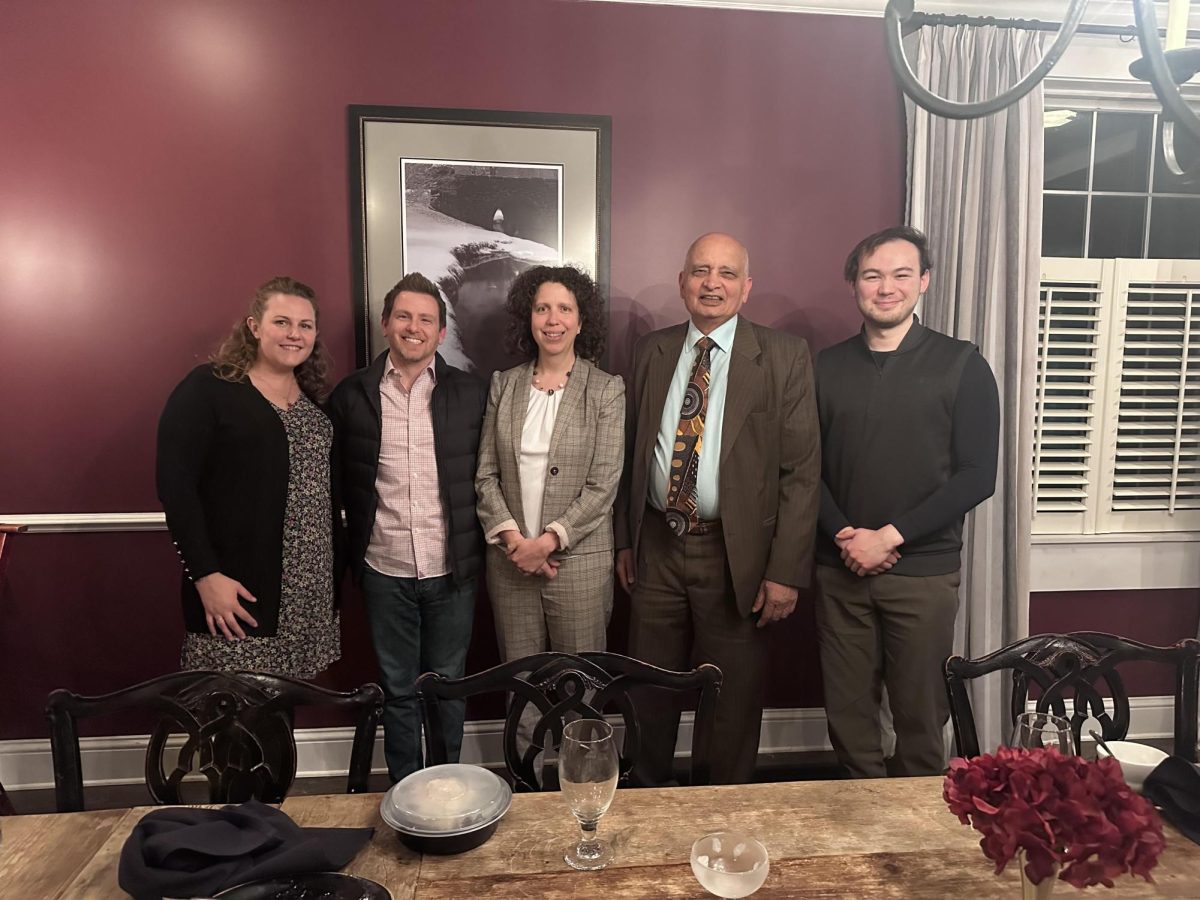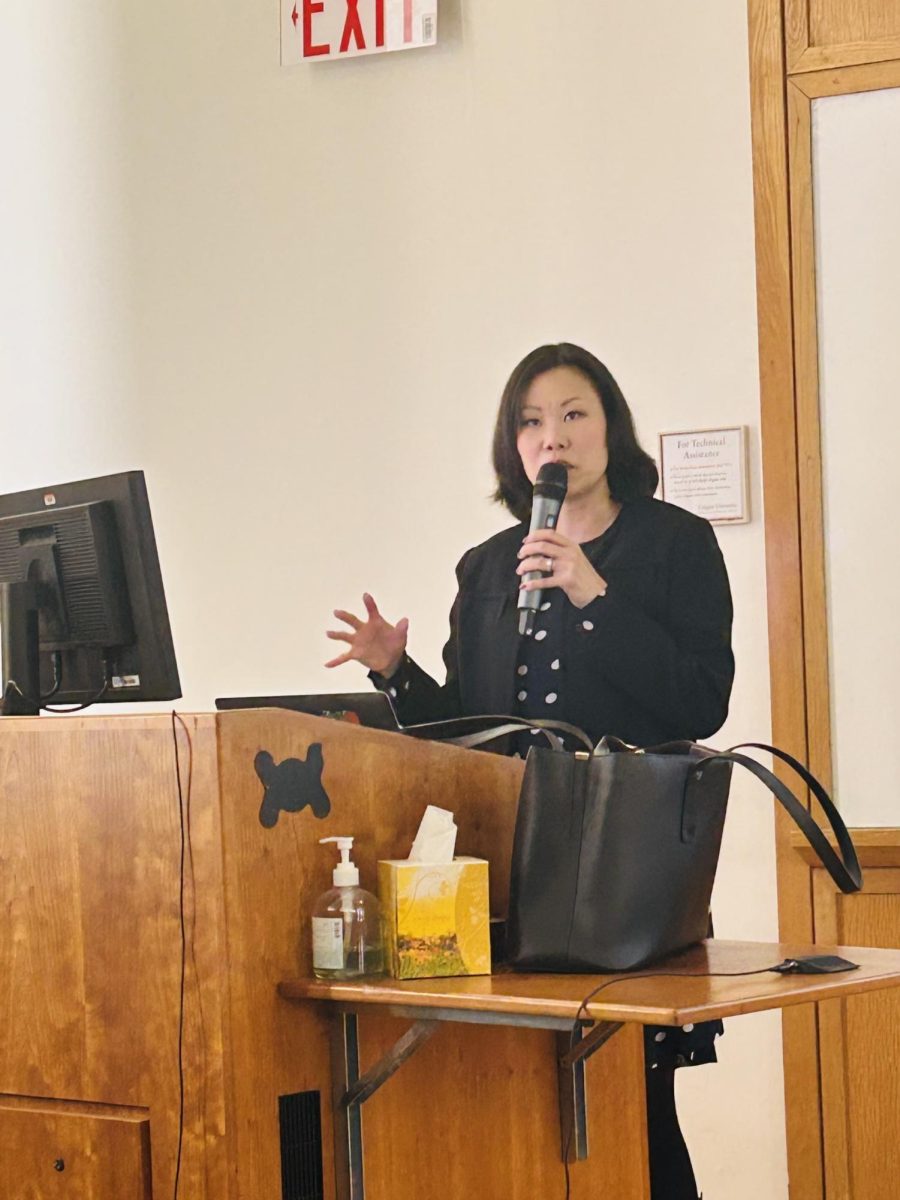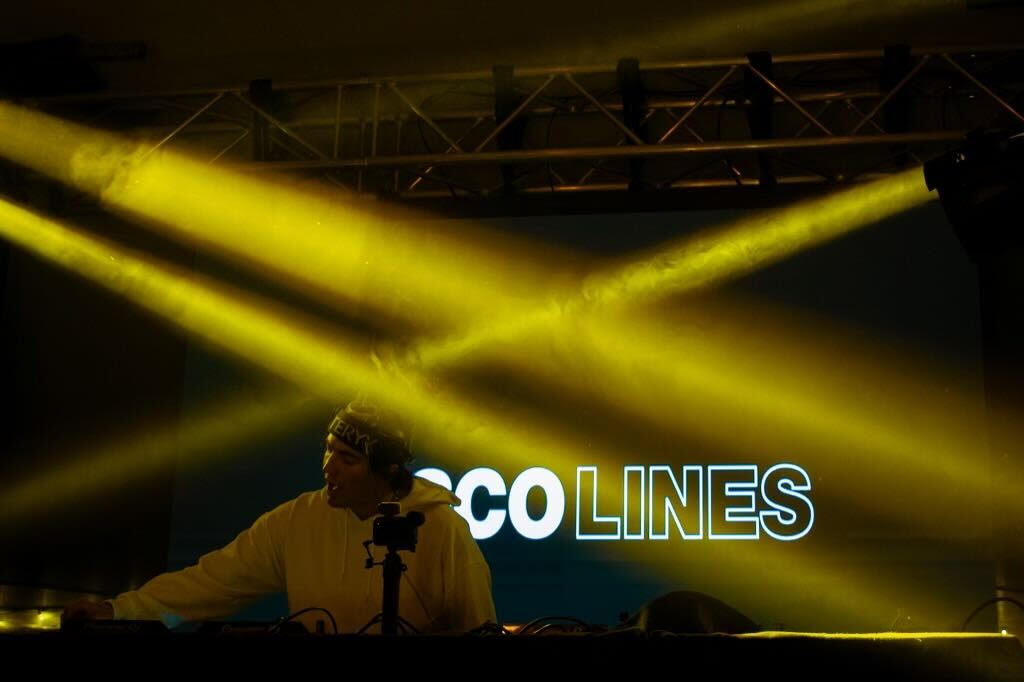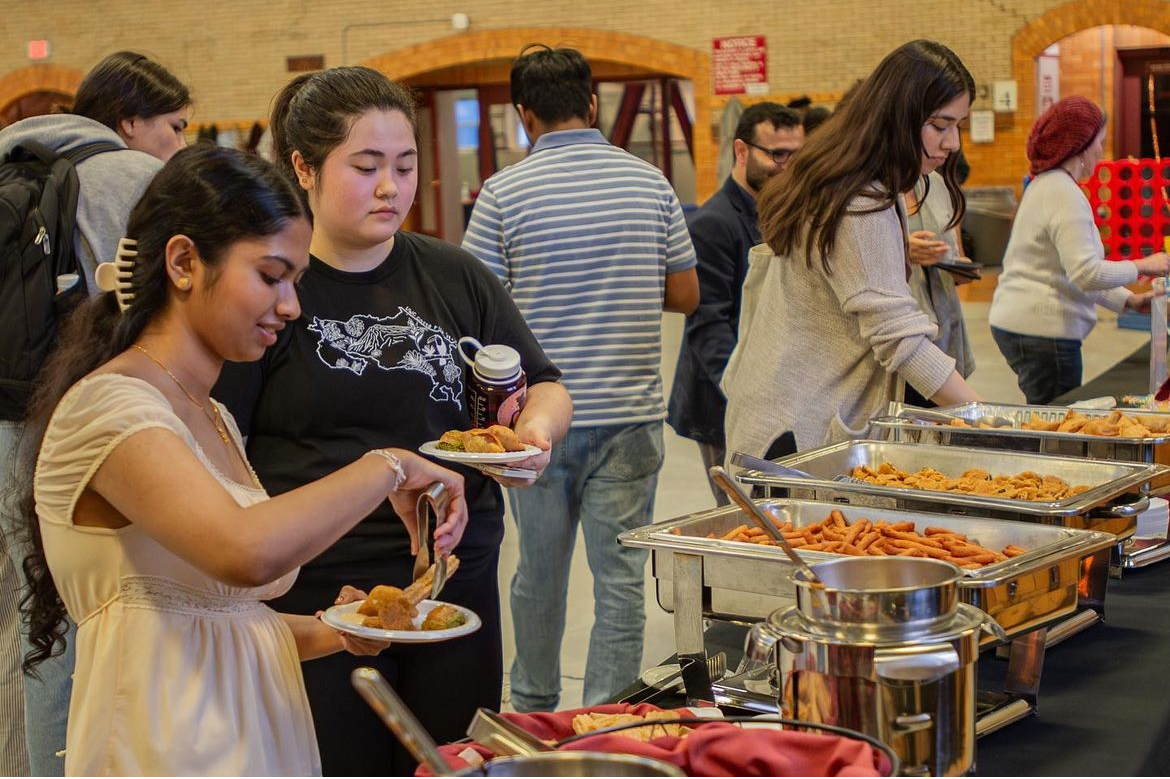The Colgate University peace and conflict studies department hosted Dr. Monique Deveaux as a guest lecturer on Thursday, Nov. 30. The philosophy department co-sponsored the event. Dr. Deveaux is a professor of philosophy and Canada Research Chair in Ethics and Global Social Change at the University of Guelph in Ontario, Canada. In addition to her professorship, Deveaux is also the co-director of the Grounded and Engaged Theory Lab at the University of Guelph.
In her lecture, Deveaux argued that poor-led social movements, defined as movements that are led by and for people experiencing poverty, can foster discussion and action about how to reduce chronic poverty most efficiently. She emphasized that poor-led social movements contain normative insights that can promote change and thinking about poverty in a more radical and structural range. She introduced the idea that chronic poverty should not just be recognized as solely reducible to material scarcity but also as being primarily a result of social subordination that gives rise to deprivation.
Deveaux continued this argument by challenging the assumption that impoverished people cannot be agents of justice for their needs and are only recipients of justice. She questioned who has the right to lead poverty reduction strategies and confront the status quo of global superpowers in the Global North leading these initiatives. In contrast, she brought up numerous groups in the Global South who are already pushing for change themselves.
“One of the largest is the MST, the Landless Rural Workers Movement in Brazil. [It’s] hugely successful. They stage encampments where they seize land that is not being used that is just owned by rich absent landowners,” Deveaux said. “Eventually, the government has to let them have it. Something like 50 million hectares was taken by this movement and given to landless people almost 20 years ago.”
Deveaux claimed that beyond poor-led social movements pushing for systemic change, these efforts simultaneously place poverty in a broader political frame so that there is a shift from poverty as a state to poverty as a dynamic. She mentioned how the “effects of power” on multiple levels “render the poor invisible.”
Sophomore Daytona Doherty attended the event and was excited to notice parallels between Devaux’s lecture and a class she is taking, Capitalism and Global Justice, taught by professor of philosophy Aatif Abbas.
“I thought it was super interesting,” Doherty said. “I was reading and discussing her work in class today, so lots of questions sprang to mind. I wanted to ask her a lot more than what I got to, but the other people in the audience asked a few compelling questions which I was excited to hear her answer. I think her argument is compelling, that we should support and protect the rights of poor communities and respect their agency in leading initiatives to combat poverty.”
Professor Abbas organized the event and was eager for his students to engage with Dr. Deveaux on campus.
“It was exciting to welcome Dr. Deveaux to Colgate and see so many students at her lecture. Dr. Deveaux is a great advocate for inclusive research methods in political philosophy. In her talk, Dr. Deveaux argued that poor-led social movements enable us to appreciate the multiple dimensions of poverty and the necessity for structural change. It was wonderful to see members of the Colgate community ask her so many questions and engage with her work,” Abbas said.











